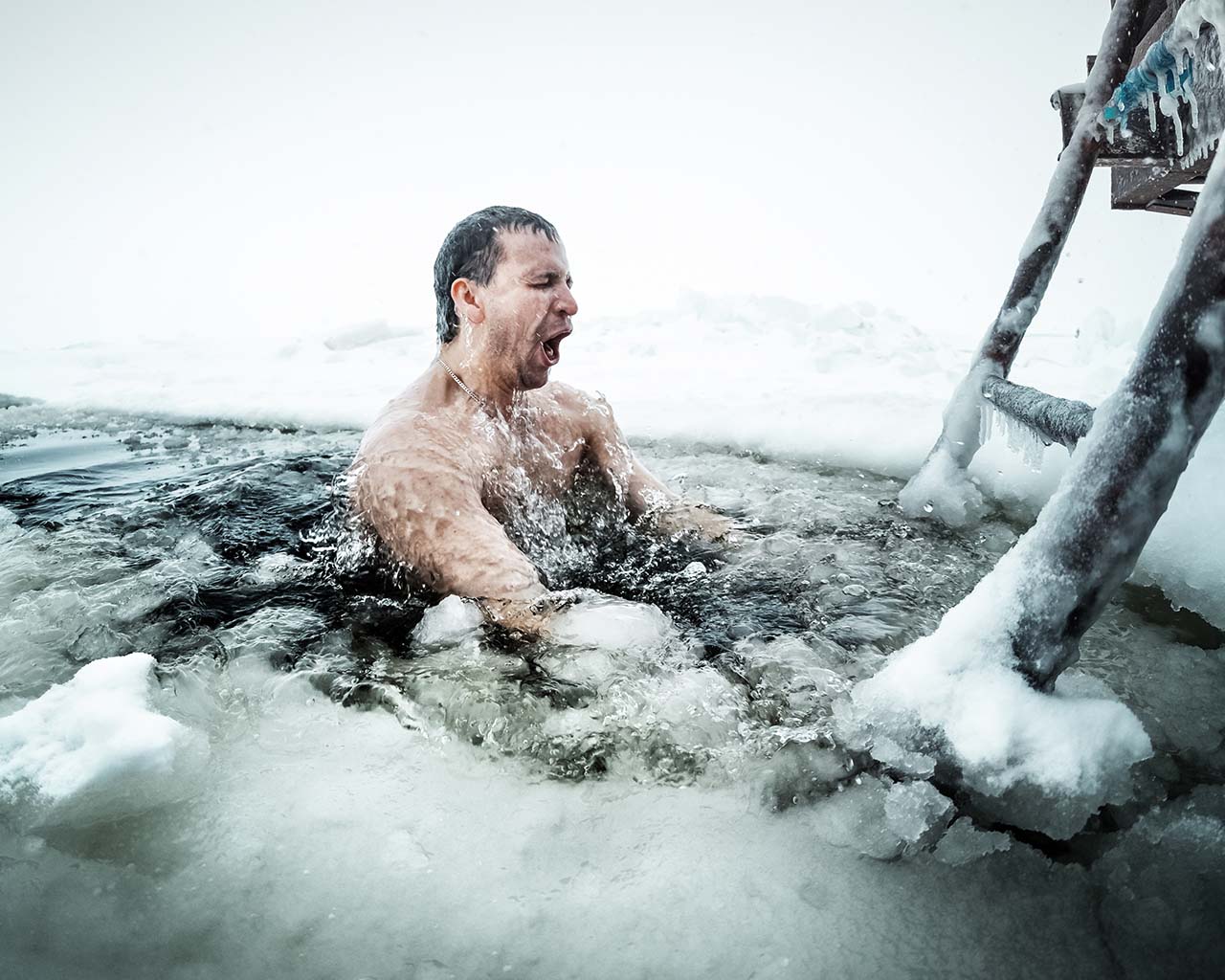
Abstract: Researchers at the University of South Australia have found that cold-water immersion can lower stress, improve sleep quality and enhance the overall quality of life. Dr. Tara Cain said a study revealed it also provides time-dependant and nuanced effects on health and wellbeing measures. Cold-water immersion, she says, “has been researched and used in sporting contexts to help athletes recover … but little is known about its effects on the general population.”
Forget being in hot water, researchers at the University of South Australia (UniSA) instead did the opposite and embarked on a project that amounted to a “deep dive into the effects of cold-water immersion (CWI) on health and wellbeing.”
Describing it as a comprehensive systematic review, after analyzing data from 11 studies that involved 3,177 participants, they found that the effects of the ice-cold stuff can lower stress, improve sleep quality and enhance quality of life.
In a release, UniSA researcher Tara Cain said the study reveals CWI provides time-dependant and nuanced effects on health and wellbeing measures.
“Cold-water immersion has been extensively researched and used in sporting contexts to help athletes recover, but despite its growing popularity among health and wellbeing circles, little is known about its effects on the general population,” she says.
“In this study, we noted a range of time-dependant results. Firstly, we found that cold-water immersion could reduce stress levels, but for only about 12 hours post exposure. We also noted that participants who took 20, 60, or 90 second cold showers reported slightly higher quality of life scores. But again, after three months these effects had faded.”
According to the release, CWI involves immersing the body partially or fully in cold water, in temperatures that typically range from 10-15 degrees Celsius (50-59F). Cain and her team of fellow researchers said that data was only included if “exposure was at or above chest level, and for a minimum time of 30 seconds. It included cold showers, ice baths and cold plunges.”
The study conclusions noted that “this systematic review suggests that CWI delivers time-dependent effects on inflammation, stress, immunity, sleep quality, and quality of life, offering potential practical applications for health practitioners considering CWI for stress management and wellbeing support.
However, it added, “the current evidence base is constrained by few RCTs (randomized controlled trials), small sample sizes, and a lack of diversity in study populations. Future high-quality RCTs are needed to examine the long-term effects of CWI, its impact on diverse health outcomes, and optimal CWI protocols.”
One surprising finding was that CWIs can cause a temporary increase in inflammation. Co-researcher Dr. Ben Singh said that “at first glance this seems contradictory, as we know that ice baths are regularly used by elite athletes to reduce inflammation and muscle soreness after exercise.”
He said that “the immediate spike in inflammation is the body’s reaction to the cold as a stressor. It helps the body adapt and recover and is similar to how exercise causes muscle damage before making muscles stronger, which is why athletes use it despite the short-term increase.
“Knowing this, people with pre-existing health conditions should take extra care if participating in cold-water immersion experiences as the initial inflammation could have detrimental health impacts,” said Singh.
Cain, meanwhile, had this advice: “Whether you are an elite athlete or everyday wellness seeker – it’s important to understand the effects of what you put your body through. Right now, there isn’t enough high-quality research to say exactly who benefits most or what the ideal approach is to cold-water immersion. More long-term studies, among more diverse populations, are needed to understand its lasting effects and practical applications.”
Related News
Jun 27, 2025
New study delves into how healthy diets will impact someone hitting the big 70 ‘free of major chronic diseases.

